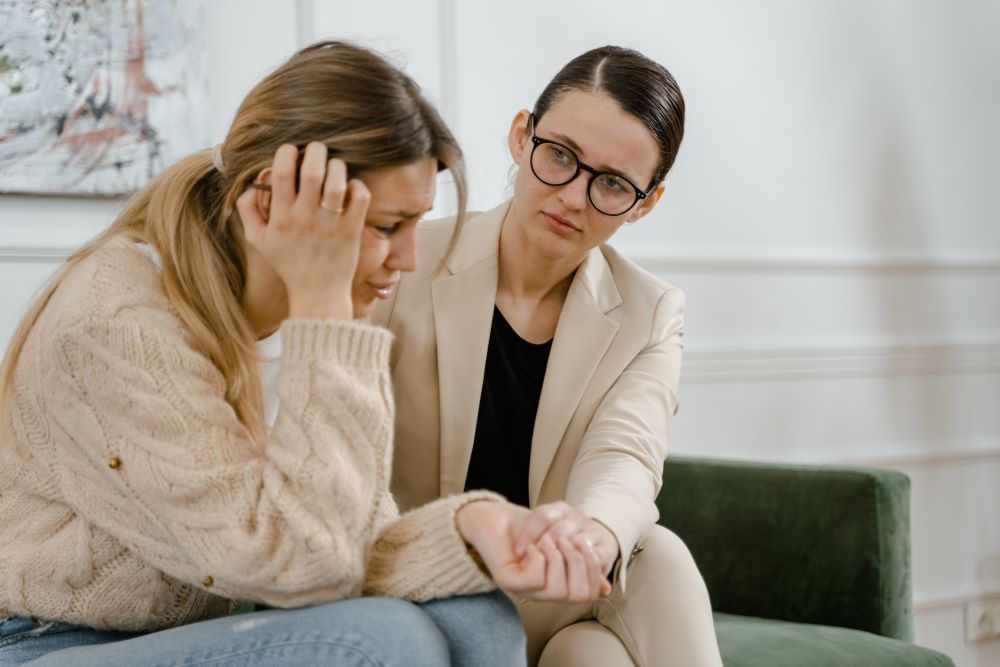Psilocybin-assisted psychotherapy has been valuable in the therapy of depression, tension in cancer patients, and the treatment of resistant depression.
Over some years, the world has seen a hallucinogenic renaissance, and a developing group of proof proposes that few psychedelic compounds hold solid therapeutic potential for a large cluster of mental well-being conditions.
Once dismissed as harmful and having minimal remedial potential, hallucinogenic medications are acquiring standard acceptance. Research data keep on exhibiting that, overall, these drugs are safe and very much tolerated.
How Does Psilocybin Therapy Work?
In clinical examinations, using psilocybin includes extreme psychotherapeutic preparation before taking the substance. This includes being upheld during an eight-hour session with two specialists available the whole time. Following this arrangement, the specialists and patient would participate in integration sessions that examine how to translate those encounters into a patient’s life.
Legal Framework WW
Is psilocybin lawful in the Netherlands, Oregon, and Jamaica but illegal somewhere else? A lot of people seek to utilize hallucinogenics for restorative purposes but are uncertain of how to do it in a manner that is physically, mentally, and legally safe. You can learn about psilocybin in a legal retreat in the Netherlands.
In many nations, both classic and non-classic hallucinogenics are controlled substances. However, there are a few exemptions, like the legal status of psilocybin in Jamaica and the Netherlands. Some lawful use happens in research preliminaries, ketamine centers, and religious gatherings utilizing peyote and ayahuasca (a plant-based drink containing DMT and other psychoactive substances).
Furthermore, those with more cash and privilege might decide to take a trip to nations where psychedelics are legitimate. Magic mushrooms are unlawful in the Netherlands and sometimes are looked down on in Dutch culture. On the other hand, magic truffles are lawful and frequently found in traveler hotspot coffee shops. But they aren’t the classic dried magic mushroom strains; truffles contain psilocybin, psilocin, and baeocystin, making a comparative trip.
Why is Psilocybin Controversial?
The use of hallucinogenic mixtures in the treatment of sickness might seem unconventional from the start; nonetheless, this application is certainly not a new phenomenon. The capacity of psychoactive plants to deliver both spiritual and therapeutic results has put them in a special category among numerous social orders.

Over time, they have been thought of as both holy and immoral, referred to and condemned. The lawfulness of and public opinion on these components has vacillated. However, the actual mixtures have generally remained the same. The pharmacopeia on the depressive period of bipolar problem, from a regulatory stance, is restricted in contrast with different phrases of diseases and other psychological illnesses.
Antidepressants for use in bipolar disorder have a limited proof base, and concern generally remains for related destabilization. The study needs more narrow accuracy. The persevering personal meaning and spiritually arousing impacts of psilocybin have been put to use for smoking cessation.
How Might Legislation Evolve
Lately, research around psychedelic substances and their value in neuropsychiatry has been sloping up at universities, medical clinics, and centers across the U.S. and all over the world. Likewise, more studies are being done in Australia regarding the therapeutic benefits of using psilocybin for mental well-being. The laws of different countries regarding the medical use of these compounds will adjust over time.
Conclusion
The pharmaceutical industry has customarily ignored psychedelic studies. A mix of anecdotal and ongoing clinical research has exhibited potential illness-modifying therapeutics of hallucinogenics. Psilocybin-assisted psychotherapy has been valuable in the therapy of depression, tension in cancer patients, and the treatment of resistant depression.
The restored interest in psilocybin research is overwhelmed by some years of scientific torpidity, which have left numerous unanswered questions about the mechanism of activity and pharmacology. For now, not all countries endorse the public use of psilocybin therapy.


Join the conversation!